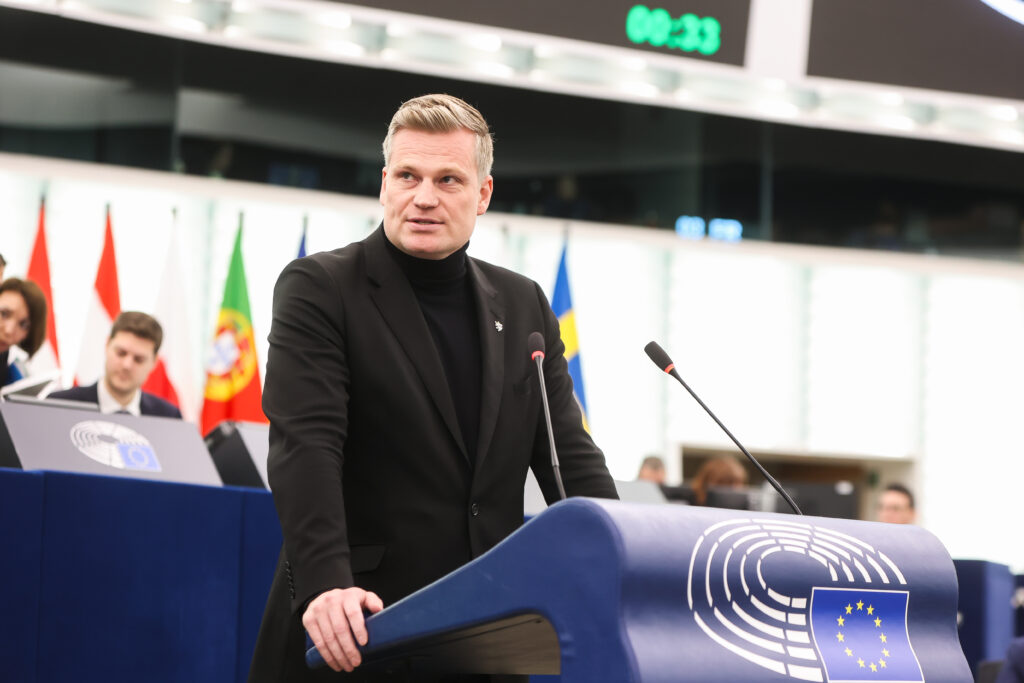The United Nations Intergovernmental Panel on Climate Change today released its third and final summary on the state of climate change. The report, entitled Summary for Policymakers: mitigation of climate change, outlines what the problem is, how we should be dealing with it and how much it’s going to cost.
The report concludes that the cost of reducing CO2 emissions to a stable level will be about .12% of the annual gross domestic product.
According to the Associated Press story on the release, “The document made clear that the world has the technology and money to decisively act in time to avoid a sharp rise in temperatures that scientists say would wipe out species, raise ocean levels, wreak economic havoc and trigger droughts in some places and flooding in others.”
Subscribe to our newsletter
Stay up to date with DeSmog news and alerts







